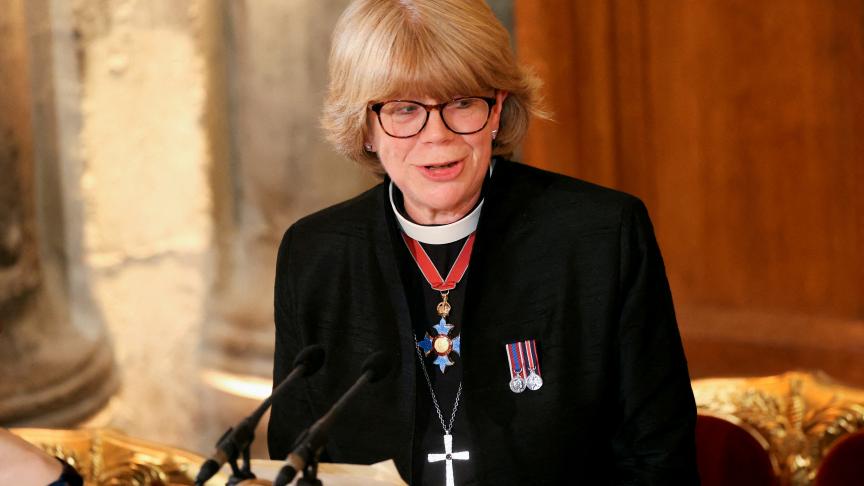
The Church of England has appointed Sarah Mullally, 63, as the new Archbishop of Canterbury, making her the first woman to lead the Anglican Communion in its more than 1,400-year history.
The announcement, made Friday, places Mullally at the spiritual helm of 85 million Anglicans worldwide, following the resignation of former Archbishop Justin Welby in 2024.
From Nurse to spiritual leader
Before entering ordained ministry, Mullally built a distinguished career in healthcare, serving as Chief Nursing Officer for England and later as Director of Patient Experience in the NHS. Her transition into church leadership saw her appointed Bishop of London in 2018, the third most senior position in the Church of England.
Her elevation to archbishop was made possible by reforms Welby himself supported, which opened the episcopate to women a decade ago.
Succeeding Justin Welby after scandal
The archbishop’s seat has remained vacant since Welby’s unprecedented resignation in November 2024, following revelations of his failure to act on reports about John Smyth, a notorious Christian camp leader accused of abusing dozens of boys during the 1970s and 1980s.
An independent inquiry found the Church had known about Smyth’s abuses at senior levels by 2013, the year Welby became archbishop. The scandal ultimately forced his departure, the first resignation of its kind in the office’s long history.
Role of the Archbishop of Canterbury
As head of the Church of England and symbolic leader of the worldwide Anglican Communion, the Archbishop of Canterbury plays a central role in national religious and cultural life. The archbishop presides over royal ceremonies, such as the coronation of King Charles III, and is often called upon to provide spiritual leadership during national crises.
The appointment process is overseen by the Crown Nominations Commission (CNC), chaired by former MI5 chief Jonathan Evans. Once a candidate is chosen, approval comes from the Prime Minister, before the King as Supreme Governor of the Church of England formally makes the appointment.
Evans previously emphasized the importance of selecting a leader who represents broader diversity beyond the traditional “white, Oxbridge, male” profile often associated with senior Anglican clergy.
A New era for the Church
Mullally’s appointment is seen as both historic and symbolic, reflecting efforts by the Church of England to remain relevant in an increasingly secular Britain.
As the first woman to hold the post since its creation in the 6th century, she faces the dual challenge of restoring trust after abuse scandals while charting a modern vision for the Anglican Communion.
“This is a transformative moment for the Church of England and for global Anglicanism,” said one church historian. “Her leadership signals change, inclusivity, and renewal.”
This is a developing story and will be updated as more details emerge.
